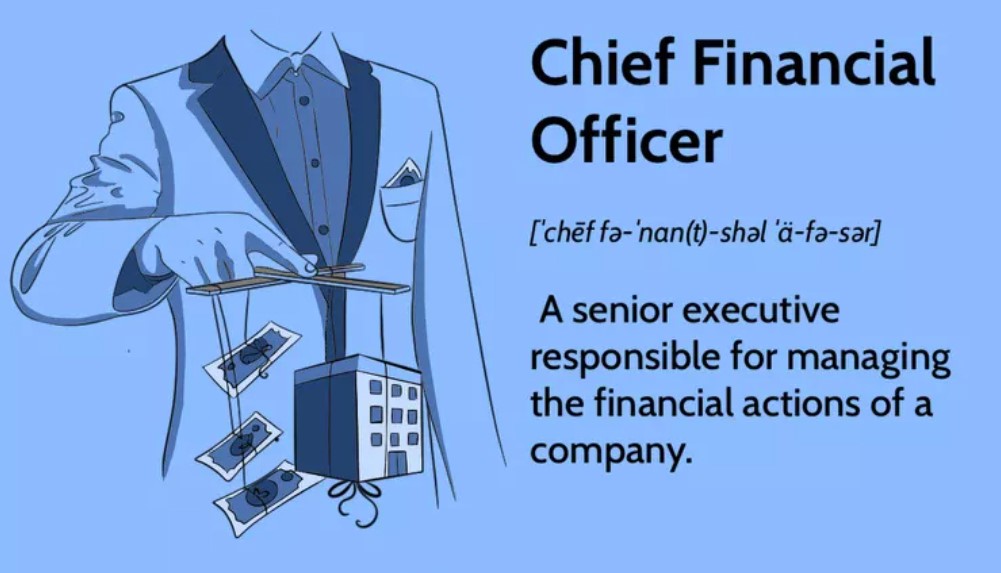
I stumbled over this phrase the other day – The Office of the CFO – and thought it was interesting. It’s interesting because, as a Chief Financial Officer, CFO, you need to show knowledge and depth about money. That’s your job. So, as a CFO, what would you do today? Place money in a bank or in a fintech? Work with a start-up or stay with where you’ve always been? Invest in cryptocurrency or stick with US dollars?
There are challenges here.
However, if I were running the Office of the CFO, I would think about a few things that are different.
First, FX; second, currencies; and third, reserves.
Starting with FX or, for those who may not recognise the acronym, foreign exchange. I would take a long hard look at how money works and the costs of making cross-border payments. Today, there are many fintechs focused upon making cross-border payments seamless, real-time and almost free. If you stick with a big old boring bank to make those payment, you are losing money. More importantly, if you are using a big old boring bank to make millions of dollars of payments that way, you are losing a lot of money. You need to fix it.
Secondly, currencies.
This is a more difficult question as you have to ask yourself whether the dollar is more trustworthy than the bitcoin. Most of us would immediately say the US dollar is where it is at, as this is the reserve currency of the world. But what if bitcoin or ETH became the reserve currency of the world? What if you missed that moment? When should you have switched? Equally, what if the next super power is China. Did you miss that chance to switch yuan?
As a CFO or treasury official, you should be seriously questioning strategies between national currencies or, as we call it, fiat currencies versus investing in decentralised crypto currencies. The latter has more risk but then, as always stated, the more risk, the more reward.
Which brings me to reserves. I know a few firms who moved some of their treasury reserves to cryptocurrencies, mainly bitcoin, who would either be elated, excited or deflated and dead. Cryptocurrencies are a rollercoaster, rising fast and losing faster. However, what that tells me is that there is a major investment opportunity in such schemes. In fact, if you time it right and sell high and buy low, you can make a fortune in these markets. Should the CFO’s office engage? Most financial offices would probably advise no. But think of the money that could be made by day trading cryptocurrencies as a treasury manager.
Hmmm …
The thing is that most treasury managers are not interested in gambling. They want safe, secure results. That’s why the USD$ is the reserve currency of the world.
So, what is the strategy for the future?
A key is not to be handcuffed by history.
Too many financial operations run on systems built in the 1990s or earlier. Too many financial systems are built for overnight or weekly changes. Too many financial systems are unfit for the present. Too many financial systems are tied to the past.
Today’s financial systems need to be agile, quick and real-time. They need to have the ability to switch and change strategies in real-time, all the time. A bit like faster payments, we need faster systems that can cater for market movements and cross-border operations. As a CFO, I want to see everything, everywhere, all at one.
Therefore, if I were the CFO, my strategy would be to ensure that my staff had all the tools and apps needed to do netting and pooling, FX and currencies, treasury and operations, as easily as it could be in real-time, all the time.
The key is to ensure agility and ease. Does your CFO and treasury operations have the ability to switch in sixty seconds? If not, they’re not fit for purpose.
Chris M Skinner
Chris Skinner is best known as an independent commentator on the financial markets through his blog, TheFinanser.com, as author of the bestselling book Digital Bank, and Chair of the European networking forum the Financial Services Club. He has been voted one of the most influential people in banking by The Financial Brand (as well as one of the best blogs), a FinTech Titan (Next Bank), one of the Fintech Leaders you need to follow (City AM, Deluxe and Jax Finance), as well as one of the Top 40 most influential people in financial technology by the Wall Street Journal's Financial News. To learn more click here...

